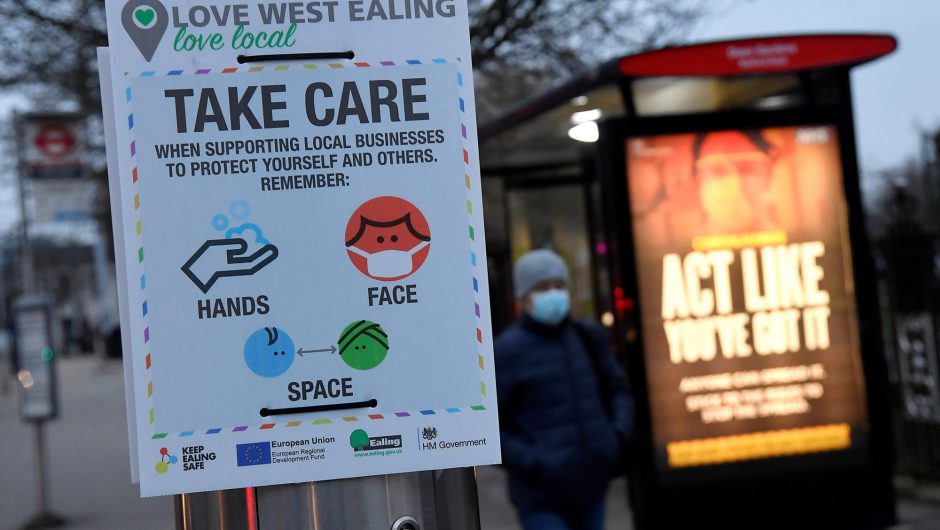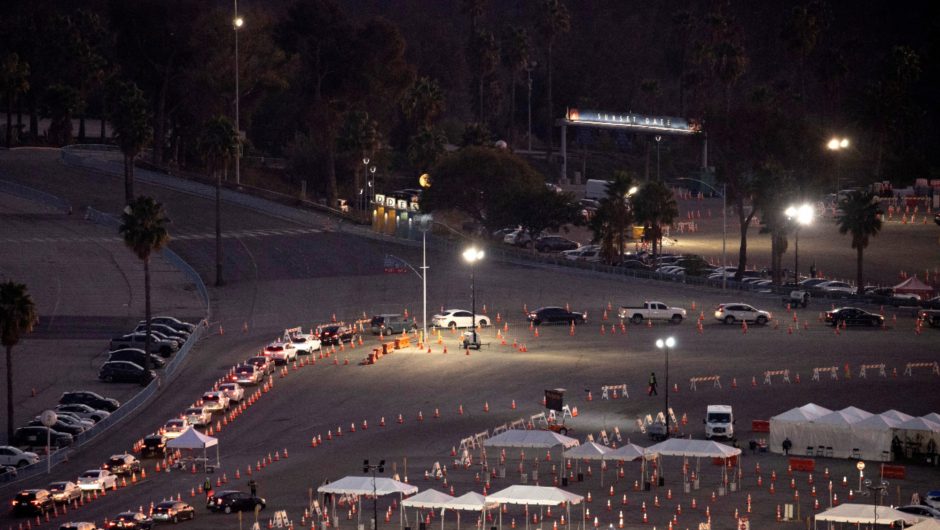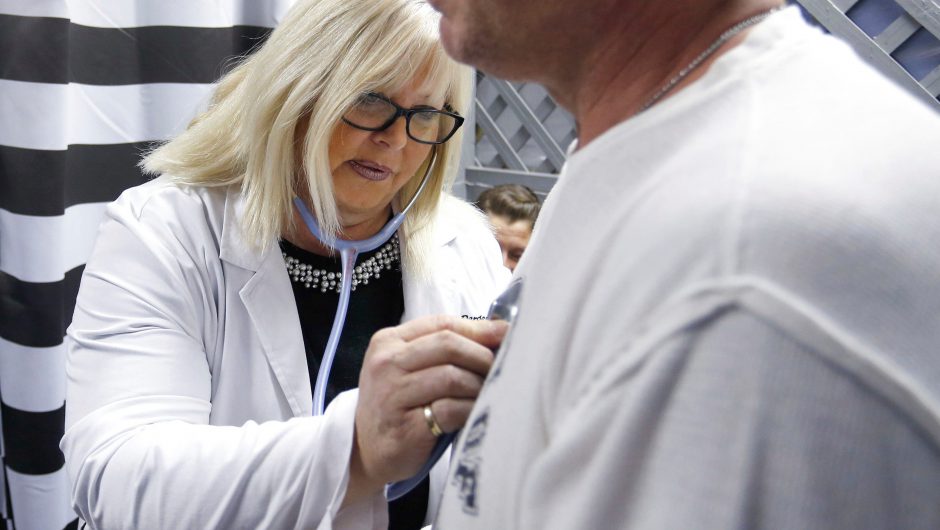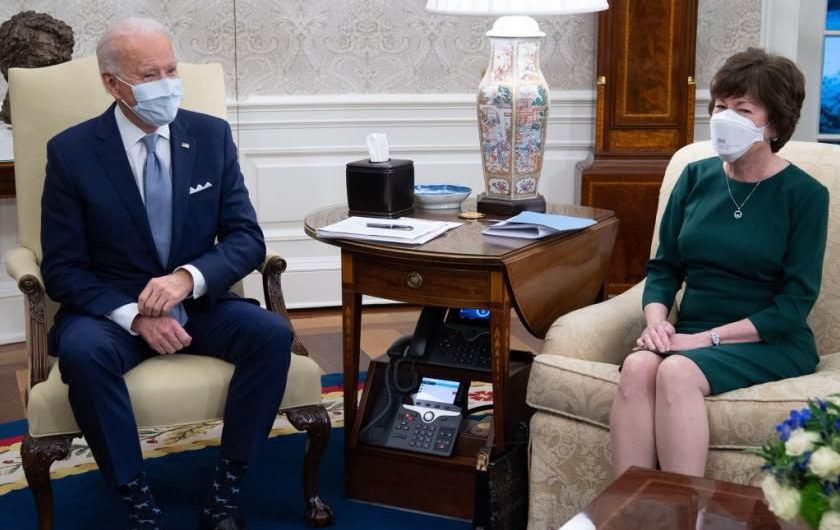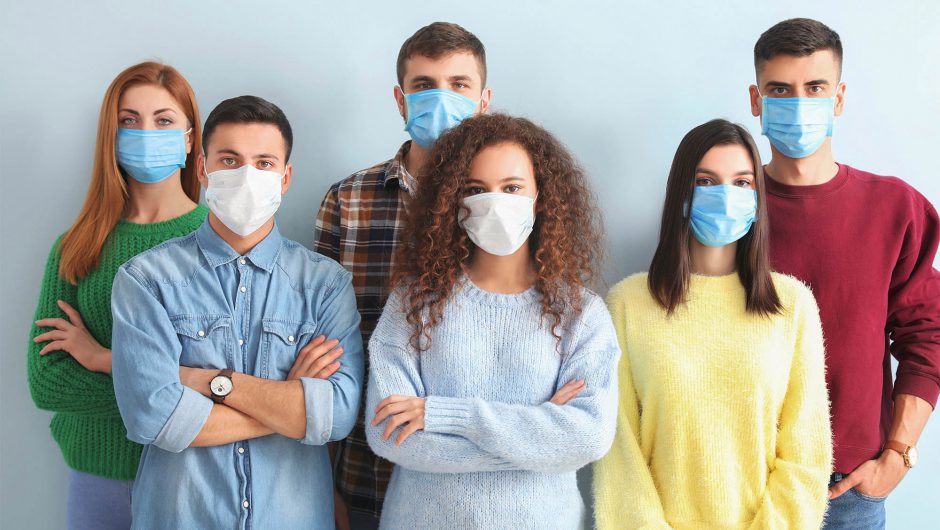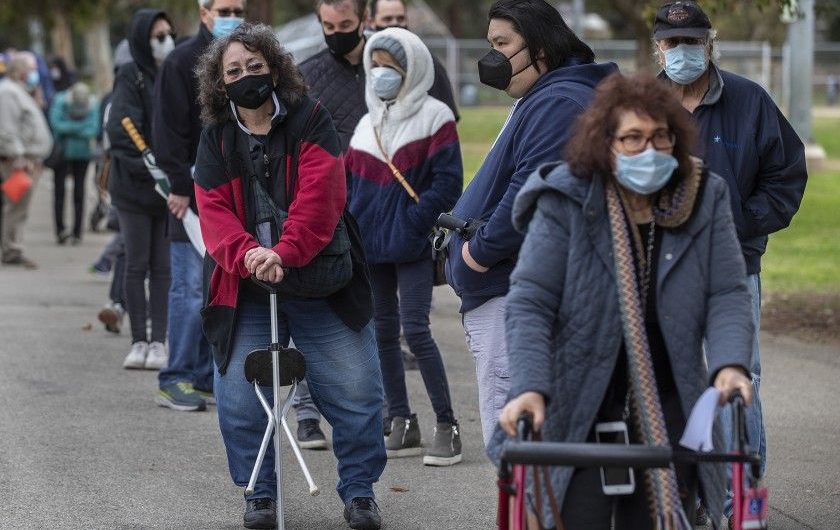[ad_1]
By Nelson Renteria
SAN SALVADOR (Reuters) – President Nayib Bukele said anyone driving cars in El Salvador without having justification for being out of their homes would be stripped of their driving license, doubling down on attempts to enforce rules to curb the spread of the novel coronavirus.
Bukele and other Central American leaders have implemented swift and strict measures after the first cases of the novel coronavirus were registered but in recent weeks thousands of people in the region were detained for violating the rules.
Bukele said over the weekend on Twitter that walking in the street without a face mask would also be banned.
At his request, El Salvador’s Congress on March 14 approved an emergency regime, which temporarily suspended the right to free movement and free association. A week later, Bukele decreed mandatory home quarantine, threatening 30-day detention for anyone who broke it.
Under the order, just one person per family is allowed go out to stock up on food or medicine.
And only bank workers, drivers, restaurant employees and distributors, journalists, officials, soldiers, police, supermarket workers, transportation workers and health workers can leave their homes.
They must carry company credentials and a letter from their employer to prove they are allowed to be out.
Human rights organizations say the emergency regime has allowed officials, police and the military to act arbitrarily, committing rights abuses, and carrying out illegal arrests.
Critics say the measures have not been applied evenly, citing media reports that food was smuggled into a containment center for a government official and that a leader of Bukele’s party was let off after crashing his car drunk.
On April 5, Bukele said quarantine would be extended for another two weeks through April 28 and that security officials should be tougher on people on the street, and that anyone violating quarantine should have their cars seized.
“I don’t care if people say on social media ‘Hey, they took my car, hey, they twisted my wrist,’ this is nothing compared to your family dying or somebody else’s family dying,” he said.
Story continues
El Salvador’s Supreme Court later said that the police did not have the right to seize vehicles or other property.
As of Sunday, El Salvador, a country of some 6.5 million people had 125 cases of coronavirus, and six deaths.
(Reporting by Nelson Renteria in San Salvador; Writing by Dave Graham; Editing by Daniel Wallis)
[ad_2]
Source link



